Behind The Board Games: Ignacy Trzewiczek, Portal Games
April 4, 2019 by ludicryan
A twenty-year veteran of the games industry, Ignacy Trzewiczek has been focused on how tabletop games tell stories for almost his entire career. His company Portal Games released Detective: A Modern Crime Board game last year and it was one of the most sought after games of the year.
We managed to catch hold of Ignacy to ask him about his path into games and what continues to drive him in this industry.
Ryan: How did you first get into tabletop games?
Ignacy: In high school I discovered RPGs and for many years it was my primary hobby. Later I founded Portal Games and began to publish RPGs myself. A few years in I discovered board games and slowly switched from RPG into board games. Neuroshima RPG was incredibly popular back then in Poland with more than 20 expansions on the market! Back then our RPG catalogue had around 50 different products! This year Portal Games celebrates its 20th anniversary and we are going to publish some of these older products to show our fans some of our old school classics that were published 10 or 15 years ago! Time to show our roots!
R: Was there a particular board game or designer who inspired you to be a part of the industry?
I: As I said it all began for me with RPGs. I fell in love especially with Warhammer RPG and, indeed, this game made a change for me - I wrote adventures and a few articles about running Warhammer and published them in a Polish RPG magazine called Magia i Miecz (Sword and Sorcery). They become very popular and suddenly I become a renowned author!
Then things started to happen, I founded my own company, started publishing my own RPG content, then moved into board games and here I am 20+ years later acting as an industry veteran. It all started back then in 1994 when I bought Warhammer RPG.
R: For every game that you make is there a similar process or set of steps that you go through in terms of prototype iteration or playtesting?
I: I would not say it is for every game, but in most cases, yes, I have a way I work. It starts with research and it takes 3 to 6 months of intense reading about the theme, watching movies, tv shows, documentaries and in general becoming a sort of expert in the area. Along with research, I do a ton of notes about the most important elements of the theme. After that, I gather all the notes and start to slowly build the prototype and play-test. For a few months, I play-test in a very narrow group and slowly build the game. Then, when the gameplay is ready and I am happy with the flow of the game, I open play-testing for new playtesters and move to the next stages. I wrote an entire series of articles about play-testing methods, so if you are interested, find my blog at boardgamesthattellstories.com
R: For your most recent game - Detective: A Modern Crime Board Game - what was the inspiration behind it? What was the mechanical or narrative motivation that drew you to the project?
I: Both! In terms of rules and gameplay, I was fascinated and inspired by the amazing Sherlock Holmes Consulting Detective. That was the game that pushed me into the work. My brain started working and ideas began to pop up and notes piled on my desk.
In terms of narrative, the HBO TV show called True Detective is the main victim here - I absolutely loved the show and combined with Sherlock Holmes it all clicked for me - I figured out I want to create my own detective game: dark, gritty, modern and as immersive as possible.
R: How do you develop something like Detective? Do you start with the crime and how it has been perpetrated and then work backwards, obfuscating the tracks which lead to it? Or do you build a set of clues and breadcrumbs for players to follow from the ground up and link things together?
I: Designing Detective was a much more complex task than one can imagine. I published on YouTube a dedicated video called '7 Steps to design a Case for Detective' to show our fans how much work is involved. On one hand, you have a writer who comes up with the whole story and plot. We hired Przemysław Rymer and he is a brilliant writer and the story in Detective is top notch material that could easily be a screenplay for the new season of True Detective for HBO. Writing such a story is months of work, and yet, this is just the beginning. Then the gamification enters - we need to cut the story into particular clues and leads, build the whole mind map of all small information pieces we want players to discover. It's mad man work and it's fascinating! Then we must write every single card - since Detective is a card game - and hide each clue on the card. Each case contains 36 double-sided cards with different clues hidden on each card.
And then play-testing. Weeks and months of running games with play-testing groups and changing cards, clues, ways to solve the crime.
And then editors.
And then translation.
And then native language editors.
And then DTP.
And then... 😉
R: In October you announced the first expansion: L.A. Crimes. What have been the thematic differences in building crime stories in the L.A setting?
I: Yes, absolutely. We wanted the theme to be a little lighter, more in the veins of Beverly Hills Cop than True Detective. We decided to play with geeks and we put a ton of "wink of the eye" on cards. I hope players will smile quite a few times when reading the cards. It was quite a task since the new campaign takes place in 1986 and it changes a lot.
Along with the change of the setting, we introduced a few new small mechanisms to increase the immersion and theme. That's quite a cool mix of tricks players know from the base game and a few surprises we came up with when delving into the setting.
R: Stories are of great importance to Portal Games. How vital do you think it is for the board game industry to embrace more immersive storytelling like in Detective, or T.I.M.E Stories or Near & Far?
I: I do strongly believe in diversity. I love playing Role Playing Games. And I love playing GMT war games. And I am a sucker for a good Ameritrash game like The Others or Claustrophobia. I love story driven games like Detective and Sherlock and I love miniature games (man, I have far too many armies at home). I believe my strong suit is a story-driven games like Detective or Robinson Crusoe and that's how I bring value to the gaming table, how I try to enhance our hobby and experience. And yet, I respect and love all other contributors, designers and publishers who add all other gems in different genres. Gaming is rich in all these genres and I adore it.
R: What board game events to you like to attend the most? Is the footfall of Essen exciting for the company? Or are the more intimate, smaller conventions better for demoing your games?
I: Gen Con and Essen by far are the most exciting shows and I cannot wait for them each year. The hype, the buzz, the energy is phenomenal. And on the other scale each year I attend quite a few smaller cons for their unique energy and speed. Big massive shows are all about the hype and sales, and rush, high energy and speed. The smaller ones are the place where I can sit with players and actually play a game or two. That's why I do a mix and each year go for the big shows and a few small ones. I love the dynamics of both.
R: In this landscape of hundreds upon hundreds of board games being released each year, are you finding it more important to build up a fanbase of customers that will anticipate each new release? How difficult a prospect is that when the market is so full and what do you do marketing wise that differentiates you from the crowd?
I: You are absolutely right. There are so many games released each month, it is no longer enough to have a good game. There is a dozen of great games released every single week. You must have a great game and you must have an idea, a plan of how to reach your audience. Having a great game is no longer enough.
R: How has the industry changed from when you entered it? Are you having to put more resources aside for things that might not have been necessary years ago?
I: Absolutely. Portal Games hires at this point, 16 full-time employees. 20 years ago it was only me. The company grew and we have resources I could never dream of back then. The market is also different. In 1999 when I started there was no board gaming in Poland at all, we were the forerunners for the whole industry and we slowly built it up from scratch. Now the board game market in Poland is the 3rd biggest market in Europe and I am very proud of that. It's been an amazing time, full of hard work: 20 years for us.
R: What can we expect from Portal Games going forward? Is there a particular genre or story that you would like to explore?
I: You can always expect good stories. We have plenty of different projects in the works, not sure which one will go to print first, but for sure, it's gonna be a good story to discover. We just finished 20 years and believe it or not, I have as much energy and passion as on day one, twenty years ago.
How much of a Sherlock are you when playing Detective?
Supported by (Turn Off)
Supported by (Turn Off)
Supported by (Turn Off)





























![How To Paint Moonstone’s Nanny | Goblin King Games [7 Days Early Access]](https://images.beastsofwar.com/2024/12/3CU-Gobin-King-Games-Moonstone-Shades-Nanny-coverimage-225-127.jpg)



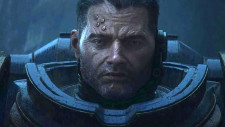
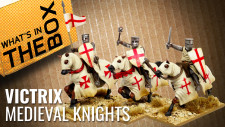

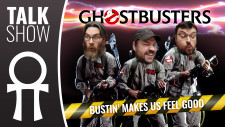




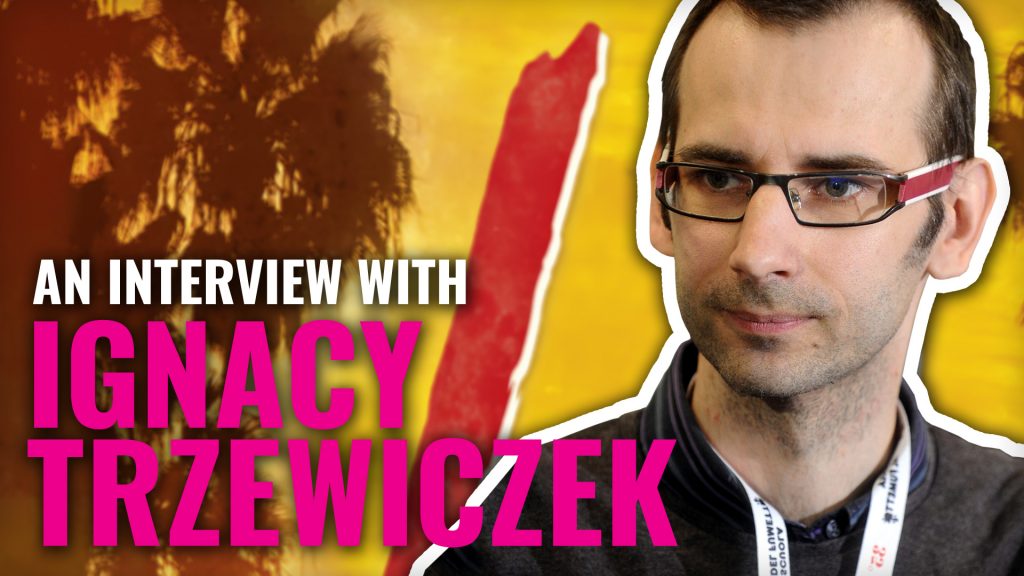
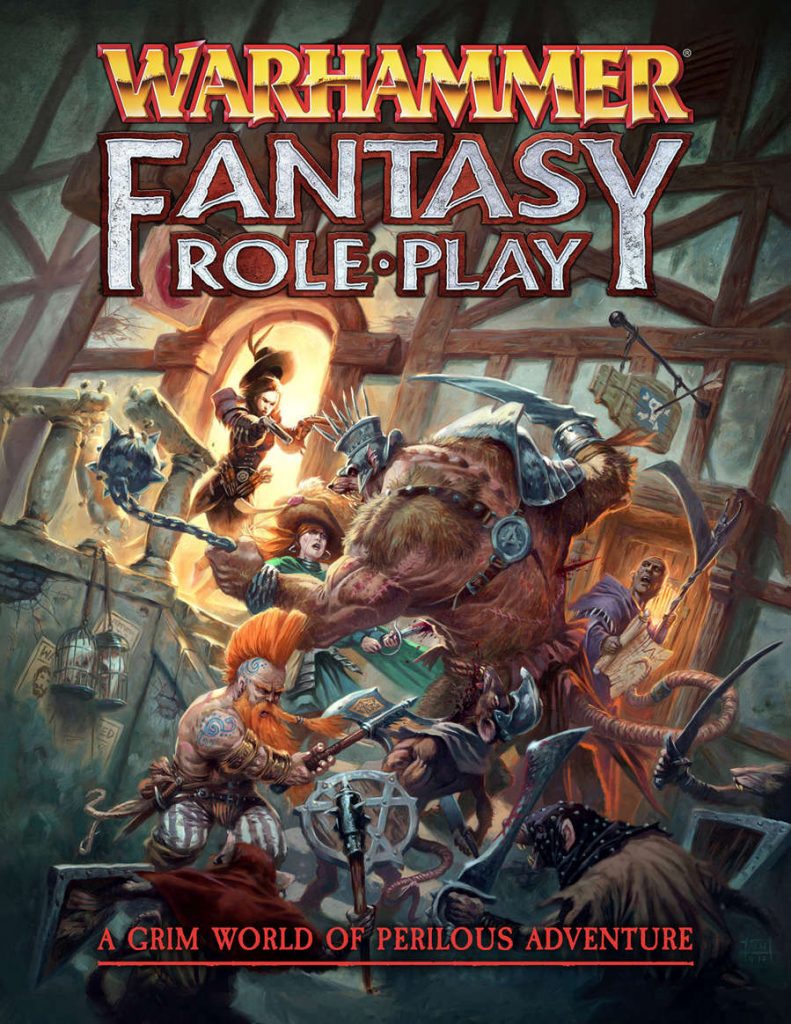
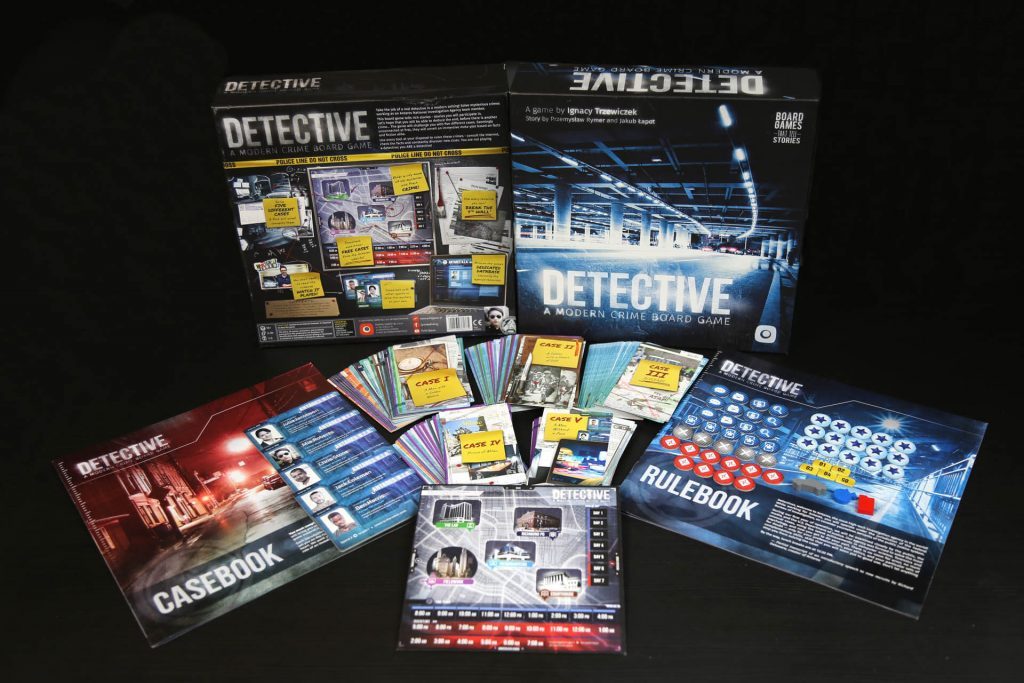
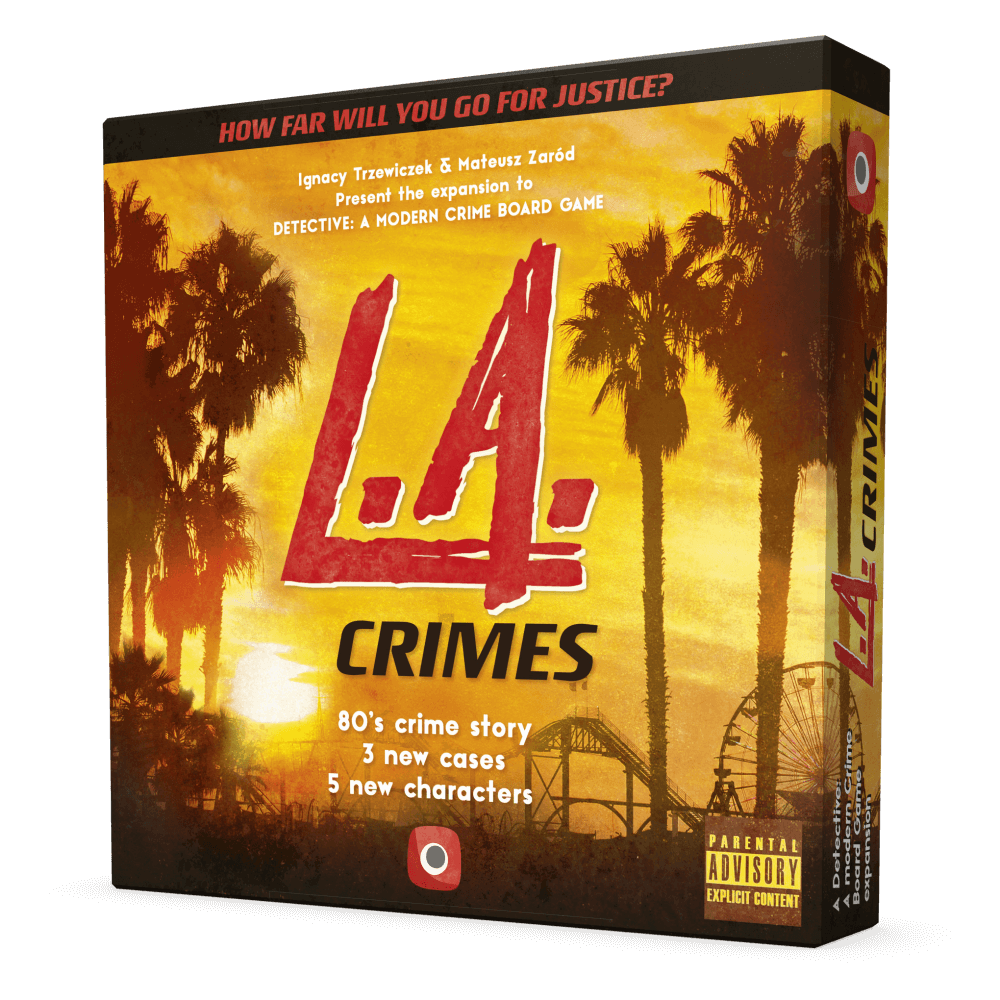


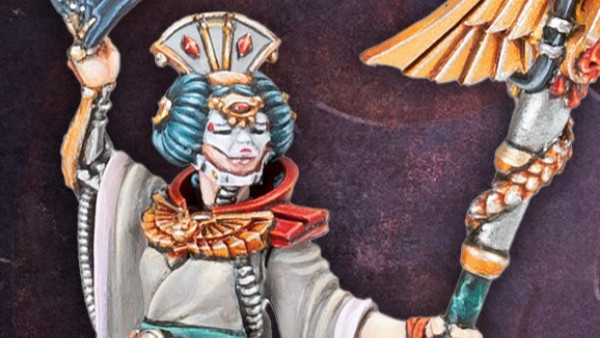

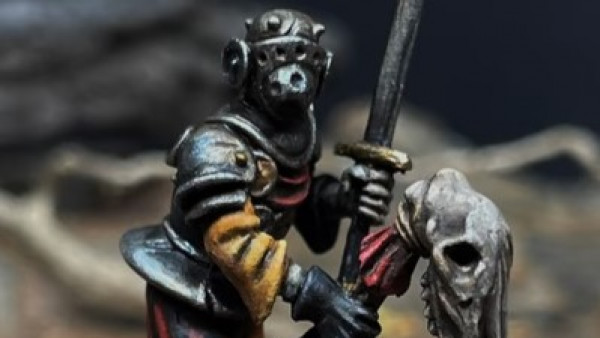

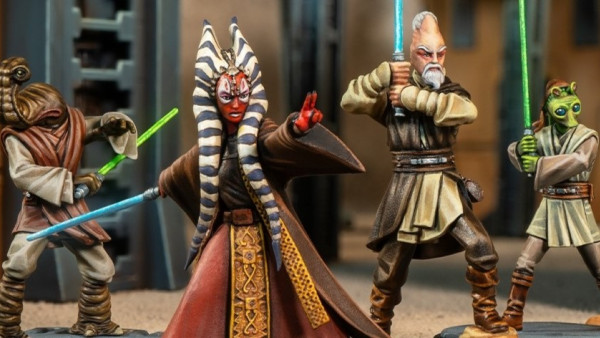
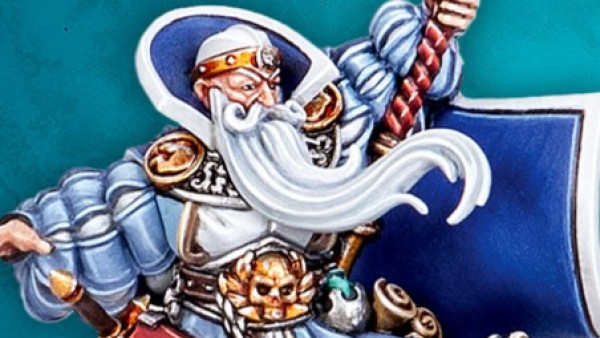

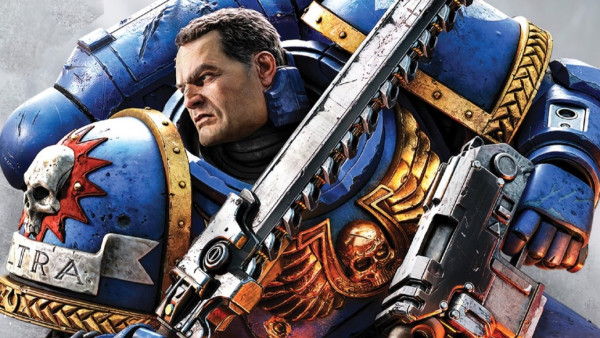

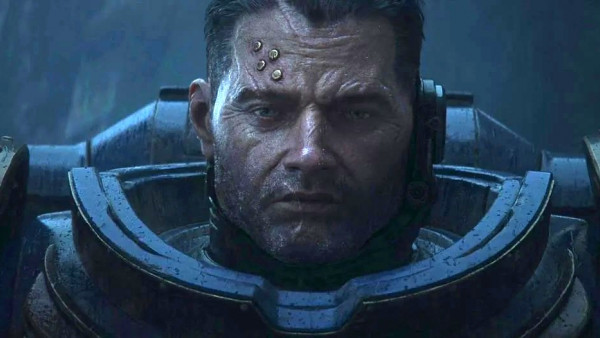


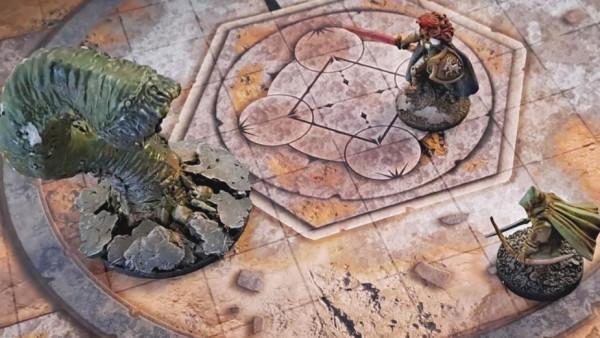
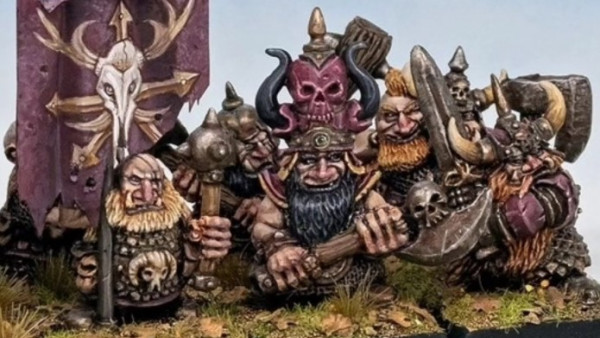

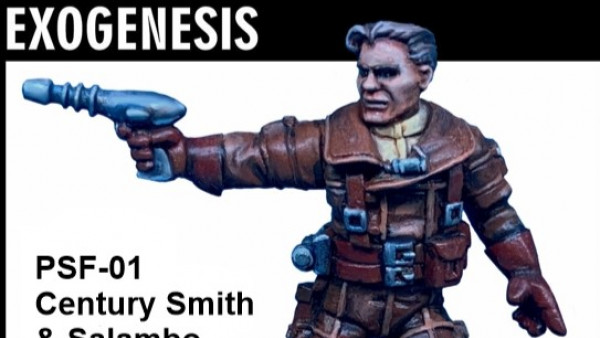
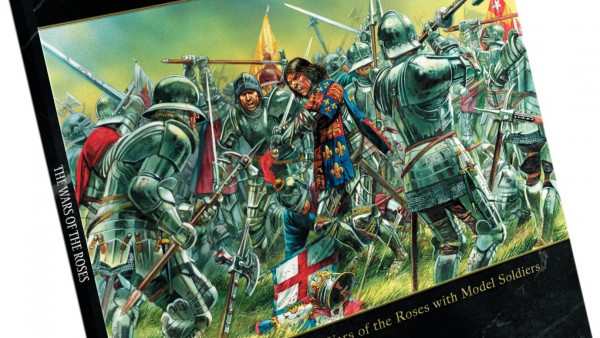
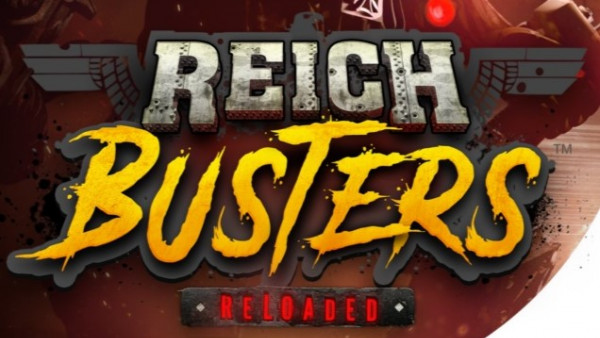
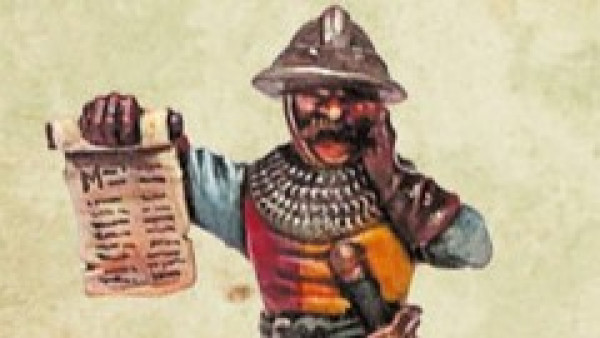
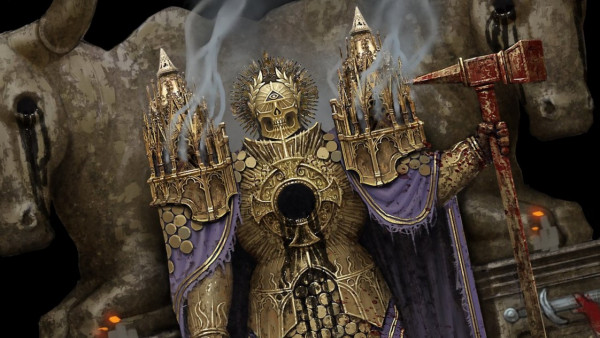
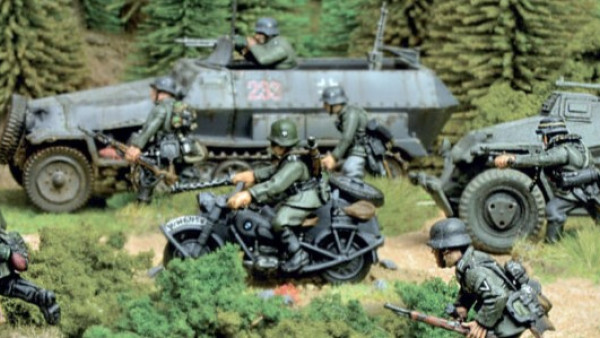
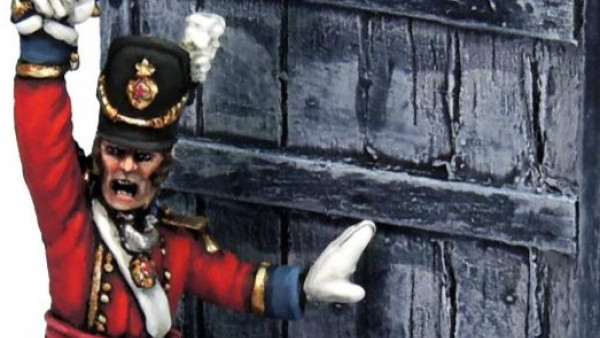
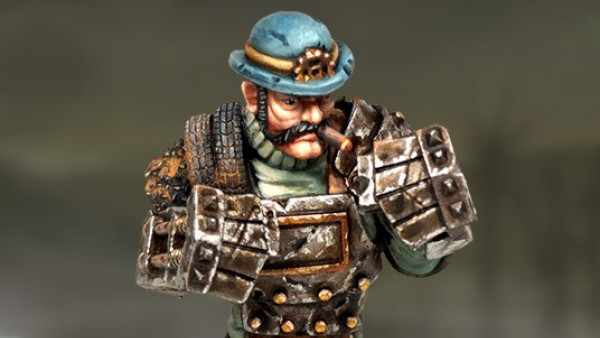
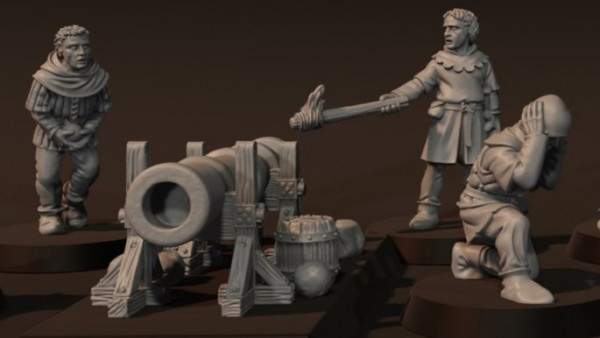
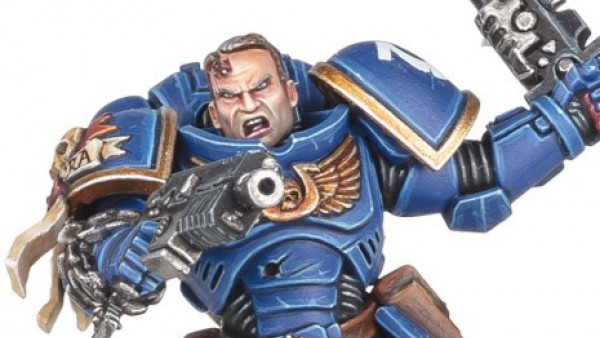
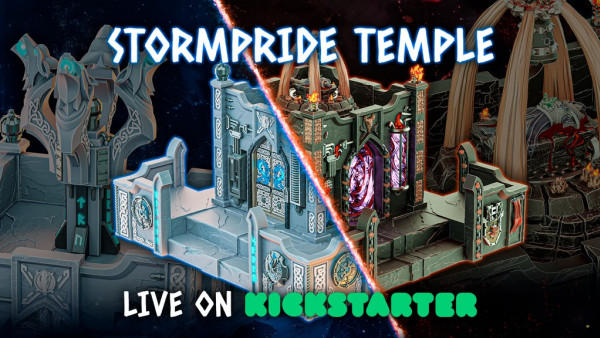
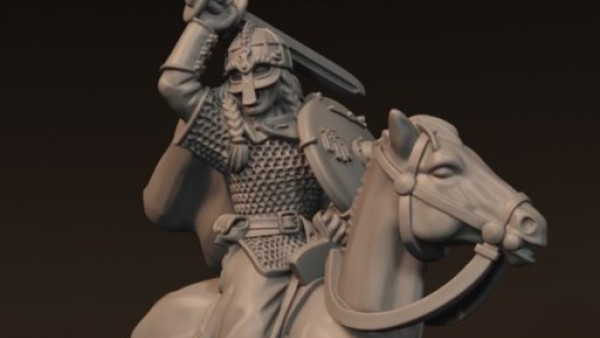
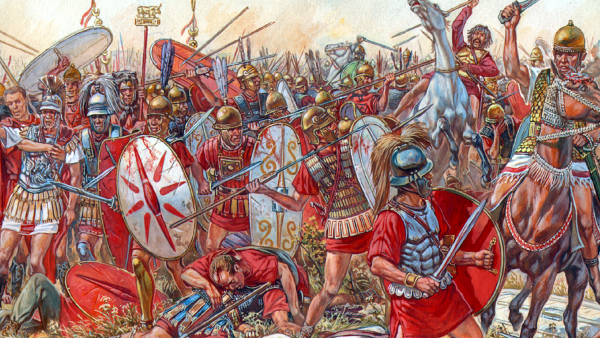
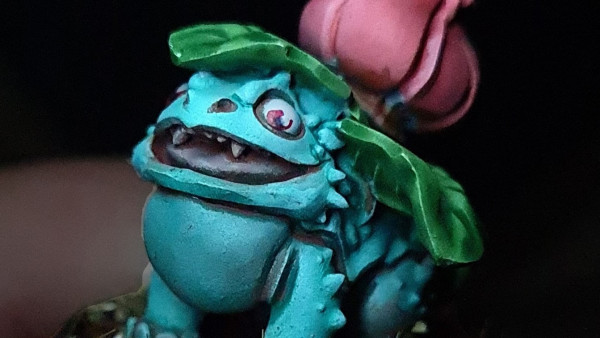
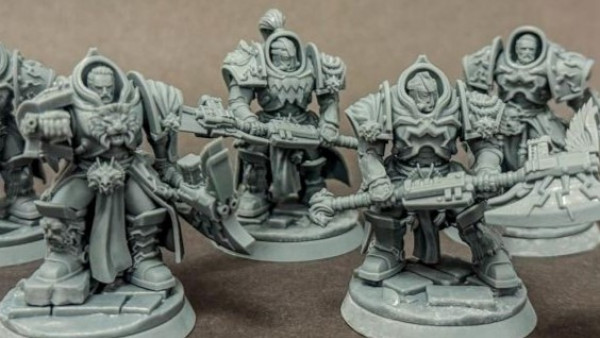
Thanks @ludicryan and Ignacy for the Interview. It is always interesting to hear about his board game Design / Publisher behind-the-scenes
Experience and News on his Podcast Board Game Insider – which has just celebrated it’s 100 episode.
I like the concept and gritty modern design look-and-feel of DETECTIVE. But would have preferred a compact Episode-by-Episode small Box Format and a much lower entry price.
Rather like the EXIT series from Cosmos Games, DETECTIVE could then cover the whole spectrum of the Investigation Genre:
gritty “The Bridge” modern,
1980s Miami Vice,
1950s LA Confidential
1920s Chthulu
1940s Film Noir
1990s NYPD Blue
1990s Insoector Morse
1970s The Sweeney
1910s Steampunk